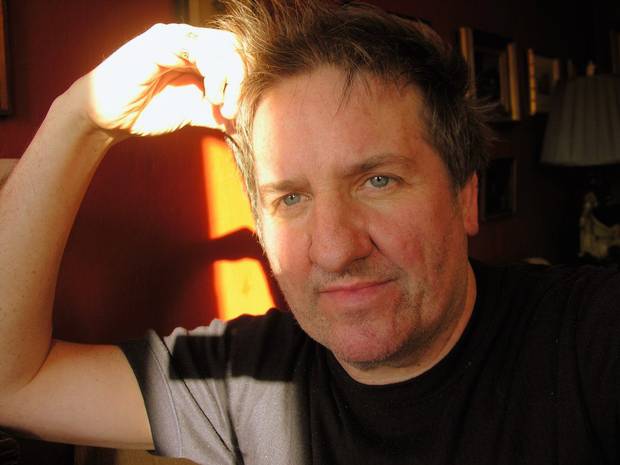I was so honoured to interview Pierce Turner for the Confidence in Singing Podcast – we chatted about his “calling” to be a musician and how he worked hard to get his lucky breaks as an artist. Have a listen and enjoy!
Pierce Turner is an Irish singer-songwriter who grew up in the port town of Wexford, where he played music as a child and wrote his first song at age 12. His parents had a record shop in Wexford town.
Recently Pierce was signed to a new boutique record label called Story Sound who are backing his new album which he is recording with guitarist Gerry Leonard who has also worked with David Bowie, Suzanne Vega and Rufus Wainwright.
Following his first professional job at 18 was as a musician with the pop showband The Arrows, Pierce moved to New York City and recorded several albums with Larry Kirwan.
His first solo album, It’s Only a Long Way Across (1987), was produced by American avant-garde composer Philip Glass. It was nominated for ‘Best Debut Issued by an Independent Record Company’ at the New York Music Awards.
Pierce was voted Heineken Hot Press Solo performer of the year in Ireland in 1994. His version of Dirty Old Town was featured in the HBO TV show The Wire. Christy Moore recorded two of Turner’s songs “Wicklow Hills” and “Musha God Help Her”. Moore’s 2004 box set includes the track I Love the Way Pierce Turner Sings.
“There is no-one in the whole wide world of music quite like Pierce Turner; a unique visionary, the owner of a voice that drips emotion, a consummate lyricist and the creator of tunes which are both complex and accessible…Listen and marvel”
Penguin Books biography in The Rough Guide to Irish Music (2001)
